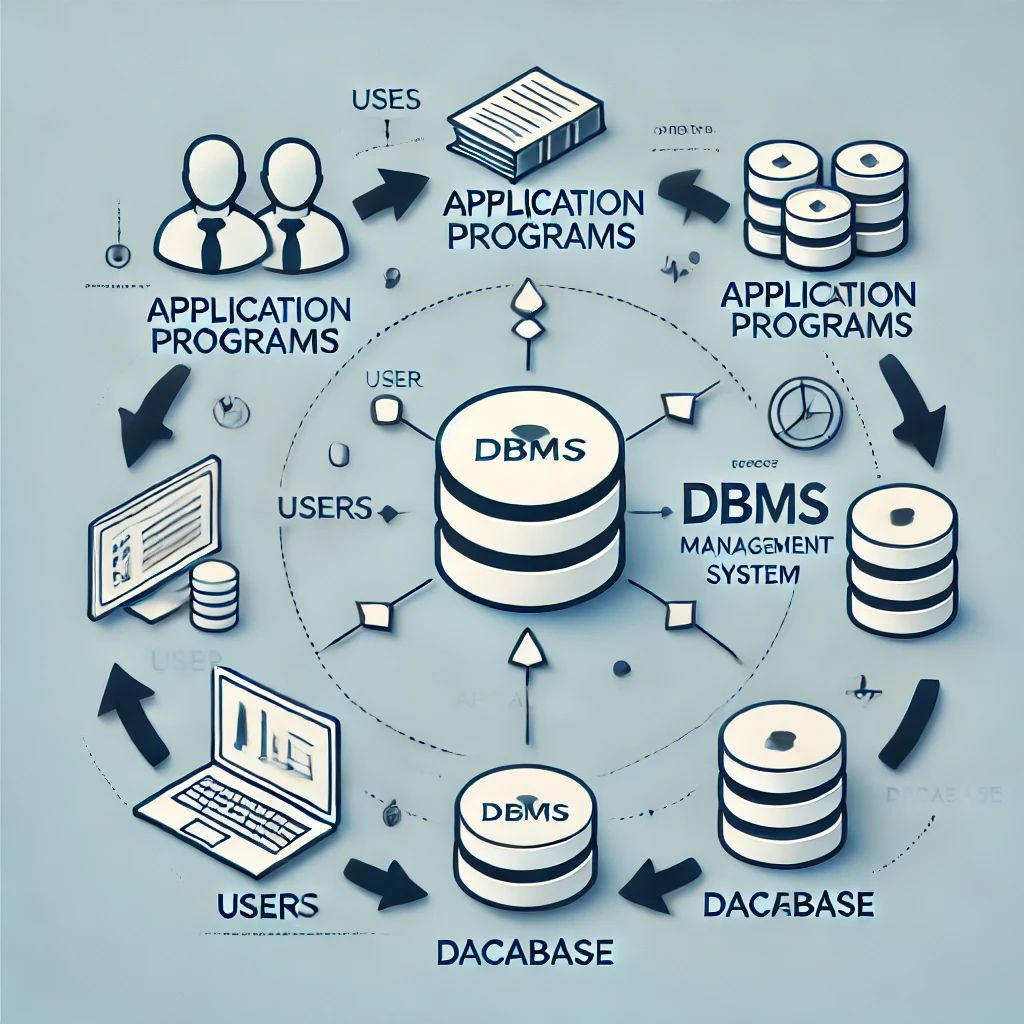DBMS
Why DBMS are Important
Data Storage and Organization: Databases provide a structured way to store large amounts of data. They allow data to be organized into tables, rows, and columns, making it easier to store, manage, and retrieve information efficiently.
Data Integrity: Databases help maintain data integrity by enforcing rules, such as data types and constraints. This ensures that the data is accurate, consistent, and valid throughout its lifecycle.
Efficient Data Retrieval: Databases are designed for fast and efficient querying. They use indexing, optimization techniques, and query languages like SQL to retrieve specific data quickly, even in large datasets.
Data Security: Databases offer features like user access control, encryption, and backup solutions to ensure that sensitive data is protected from unauthorized access, loss, or corruption.
Concurrency Control: Many databases allow multiple users or systems to access and manipulate the data simultaneously, ensuring that transactions do not conflict and that the integrity of the data is maintained.
Scalability: Databases can scale to accommodate growing amounts of data. Whether you're handling a small amount of data or large-scale enterprise data, databases are designed to scale efficiently.
Data Relationships: Relational databases, in particular, are great at handling relationships between different pieces of data (such as customers and orders). This helps in modeling real-world entities and their interactions.
Backup and Recovery: Databases typically have built-in features for data backup and recovery, ensuring that in case of failure, the data can be restored to a previous state.
Data Analytics and Reporting: With large datasets, databases support powerful querying and reporting tools, allowing businesses to analyze trends, make data-driven decisions, and generate reports.



Comments
Post a Comment